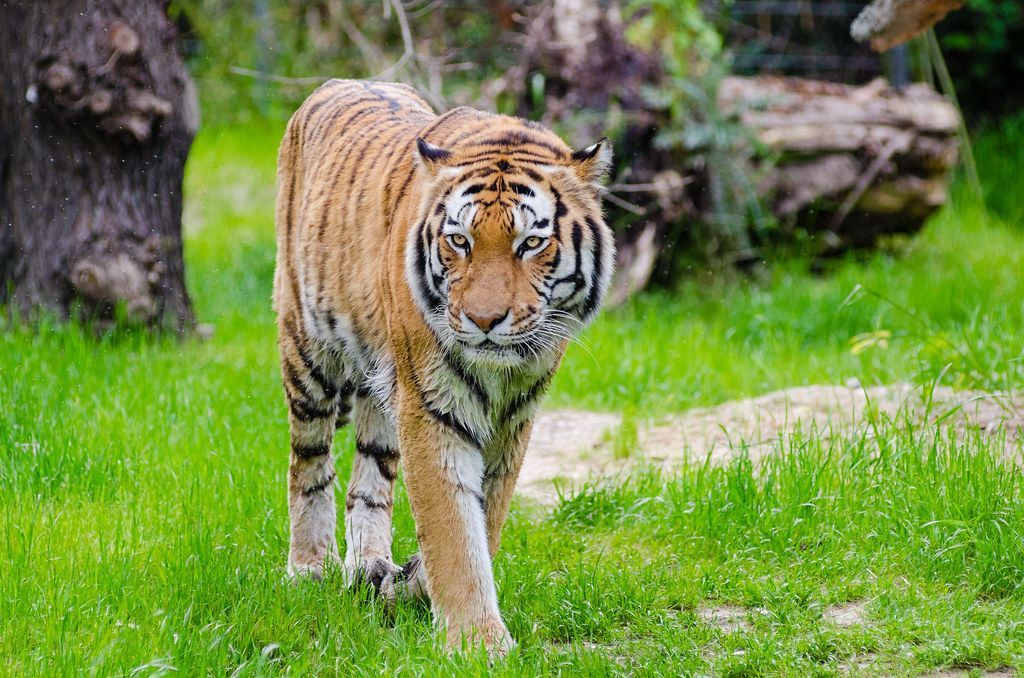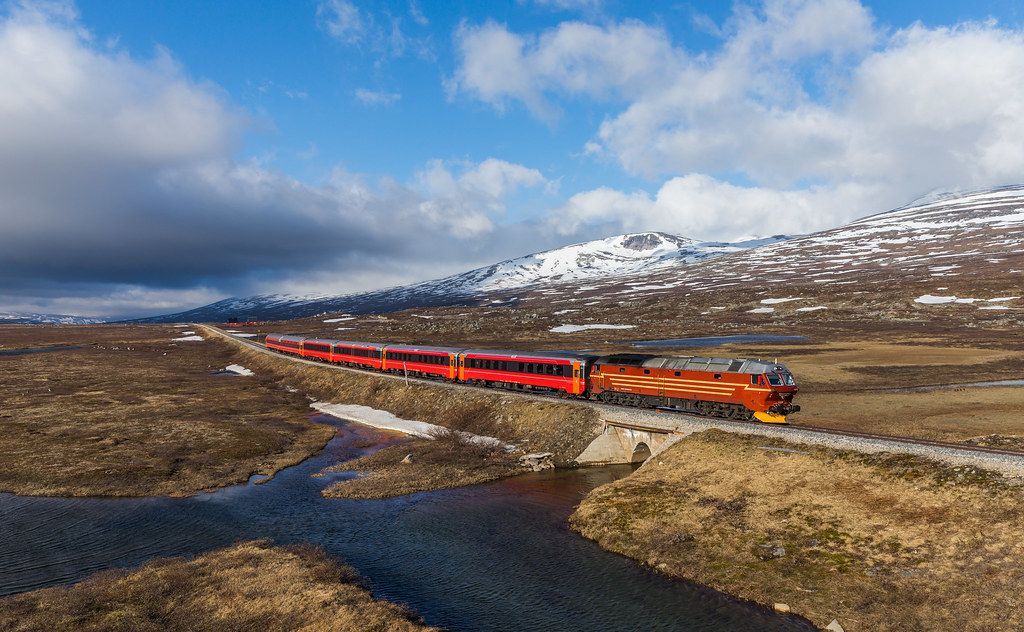🐅 A new survey estimates 40 percent more tigers
A new survey proves that the population of wild tigers is doing better than we previously thought. According to an updated list, there are 40 percent more wild tigers than estimated at the last survey.
🚅 Modified trains can capture carbon dioxide
A multidisciplinary research team publishes a study that proposes a way to more efficiently capture carbon dioxide from the air, using already existing infrastructure. According to the plan, trains can be modified so that previously wasted energy is used to power the process.
🦬 Wild bison reintroduced in England - after thousands of years
European bison, closely related to the American bison, have been nearly eradicated in Europe. Now a small herd of oxen is being reintroduced into the English wilderness, and the idea is that they will transform the heavily commercialized forest into a vibrant forest landscape.
📞 Others appreciate unexpected communication more than we think
People underestimate how much it is appreciated that they contact friends and acquaintances just to say hello, on how they are doing, or ask what has happened since the last time. The more surprising the communication is, the more it is appreciated by the recipient, according to new research.
🔋 Can nuclear waste become batteries that last for thousands of years?
NDB claims to have the solution for how we should manage nuclear waste and have constant access to electricity during the electrification of the world - diamond batteries made from nuclear waste.
💊 New molecule can cure difficult-to-treat cancer
A new molecule can treat types of cancer that were previously incurable, by exploiting weaknesses in cancer cells that were previously missed.
🌱 Artificial photosynthesis - grow food without sunlight
Researchers have developed a method for growing crops without sunlight, through artificial photosynthesis. In some cases, efficiency increased by 18 times, and the method is expected to revolutionize the management of climate change as well as space exploration.
🧫 Cheaper and faster stem cell production
A new 3D-printed prototype for the extraction of stem cells offers potential for large-scale production with high quality - at a lower cost.
🔭 Deep learning machine ExoMiner validates 301 new exoplanets
301 potential exoplanets from the Kepler archive have now been validated through a new deep learning method, making the total amount of known planets outside of our solar system close to 5000.









